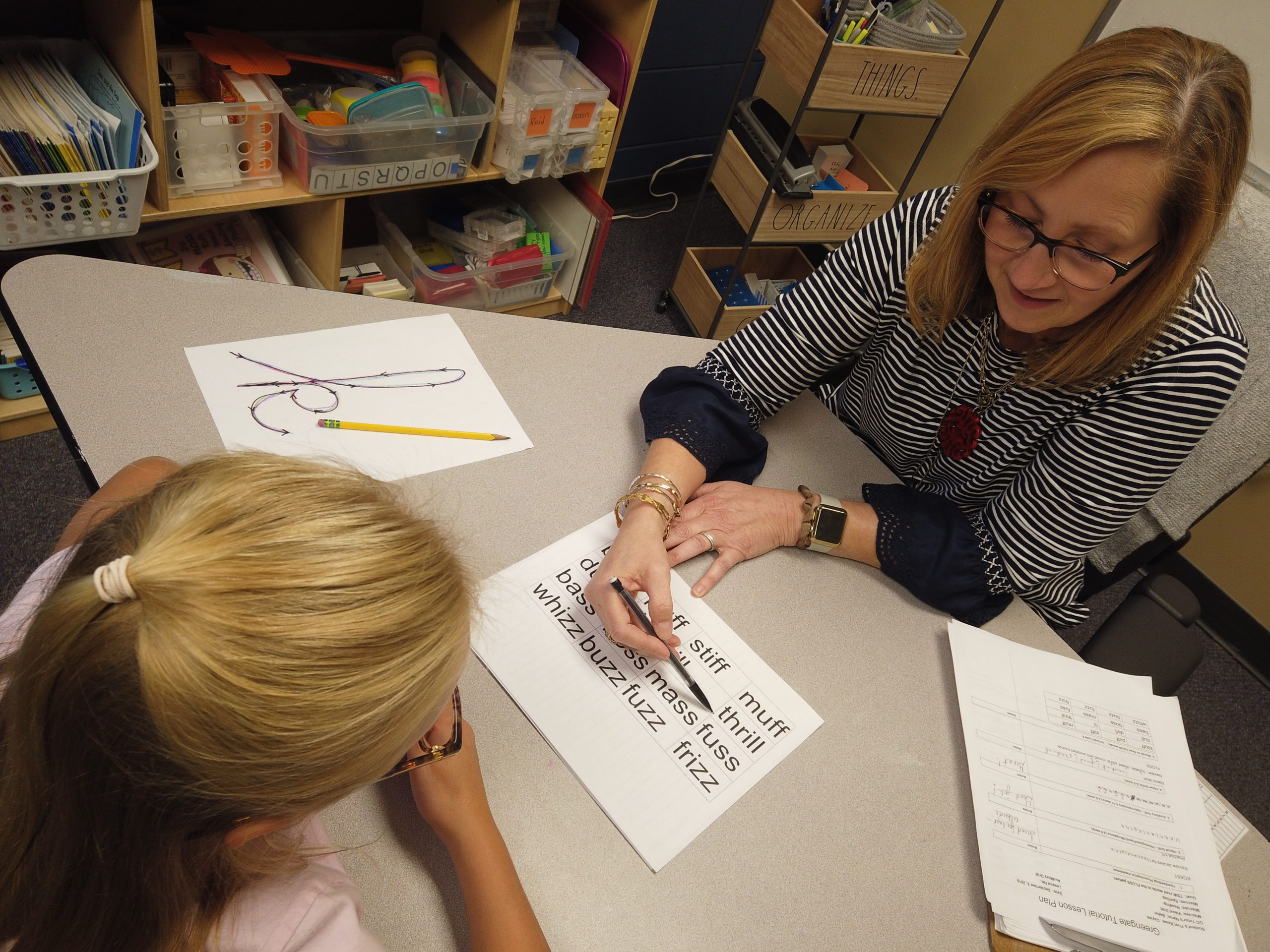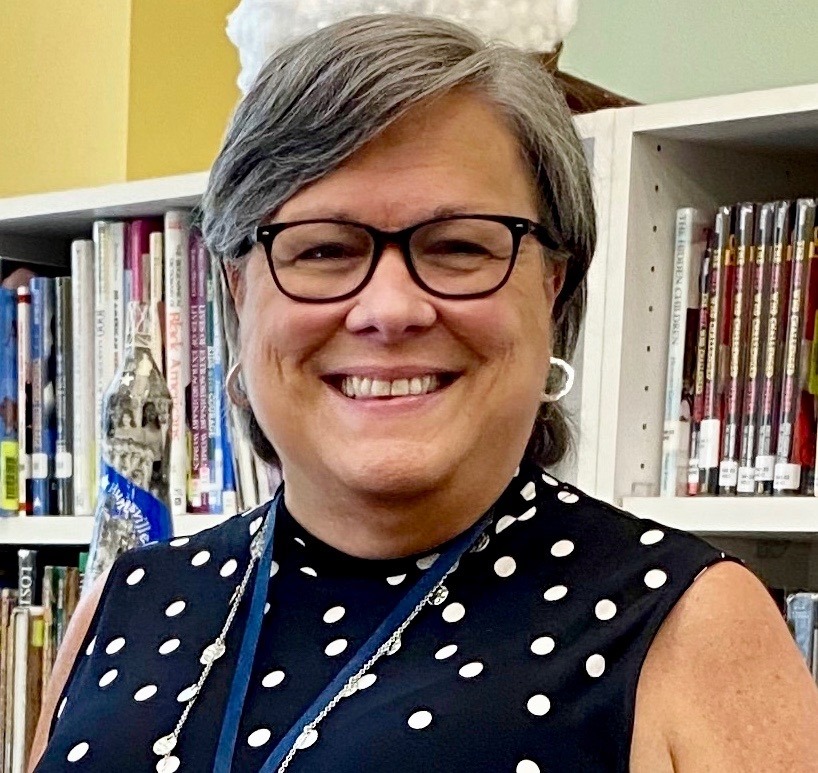What is Dyslexia?
Written by Dr. Debbie Hargett, Head of Greengate School at Randolph
What is Dyslexia?
Greengate School at Randolph serves students in grades 1-8 who have dyslexia, but what exactly is dyslexia?
Dyslexia refers to a neurologically based difference that impacts the brain’s ability to learn basic reading and spelling skills, in spite of good intelligence and appropriate educational opportunities. It is estimated that 15-20% of the population has dyslexia or a language-based learning difference. Dyslexia may often be seen as an unexpected problem because the child has average to above average intelligence, and good overall abilities, yet struggles to learn to read.
Students with dyslexia have difficulties perceiving the sounds of language and later mapping these sounds to symbols. Dyslexia is a language-based disorder that can affect perception, storage, and retrieval of language. It results in struggles with learning the alphabet and sounds of letters, and later with acquiring fluent reading and written expression.
Dyslexia is not seeing or writing numbers and letters backwards; it's a linguistic problem, not a visual one. The effects vary from person to person and can fall on a spectrum of severity from mild-moderate to severe.
Intervention and intensive tutoring, often using the Orton-Gillingham approach, can help bright students with dyslexia acquire the tools they need to be successful in their educational and professional lives, yet there are only 18 Orton-Gillingham accredited schools in the nation. Greengate School at Randolph is one of them.

Dyslexia Facts
- Dyslexia affects boys and girls equally.
- There is a genetic component.
- The child of a dyslexic parent has a 50/50 chance of inheriting dyslexic characteristics.
- Dyslexia affects more children than all other childhood disorders (including autism, ADHD, etc.) Individuals do not grow out it; dyslexia cannot be cured.
- Reading problems, often discovered in and around 2nd or 3rd grade, are not resolved with maturity.
- Waiting on support only results in months and years of academic struggles and resulting emotional fallout.
- Early intervention is key. We can now identify children at risk for dyslexia as early as ages 4-5.
Is it Dyslexia?
Greengate Services provides testing to diagnose reading difficulties in children and adults. Greengate Services also provides tutoring with Orton-Gillingham trained specialists. To schedule testing or make arrangements for tutoring, please email Greengate School at Randolph or call 256-799-6192. Testing and tutoring are available to anyone regardless of whether or not a student attends Randolph. In some cases, testing fees may be waived.
For students in grades 1-8 with average or above average academic ability and a diagnosis of dyslexia, Greengate School at Randolph provides an intensive Orton-Gillingham program for core academic subjects within Randolph School, with a full program of arts, athletic, and extracurricular activities. For more information about Greengate School at Randolph, please email the Admission Office, schedule a campus tour, or call 256-799-6192.
About the Author

Dr. Debbie Hargett is the Head of Greengate School at Randolph. She oversees the instructional program, accredited by the Orton Gillingham Academy, for students in grades 1-8. She is also responsible for directing Greengate Services, an outreach program that provides dyslexia testing, teacher training in the Orton Gillingham approach, the Greengate summer reading program, and Orton Gillingham tutoring.